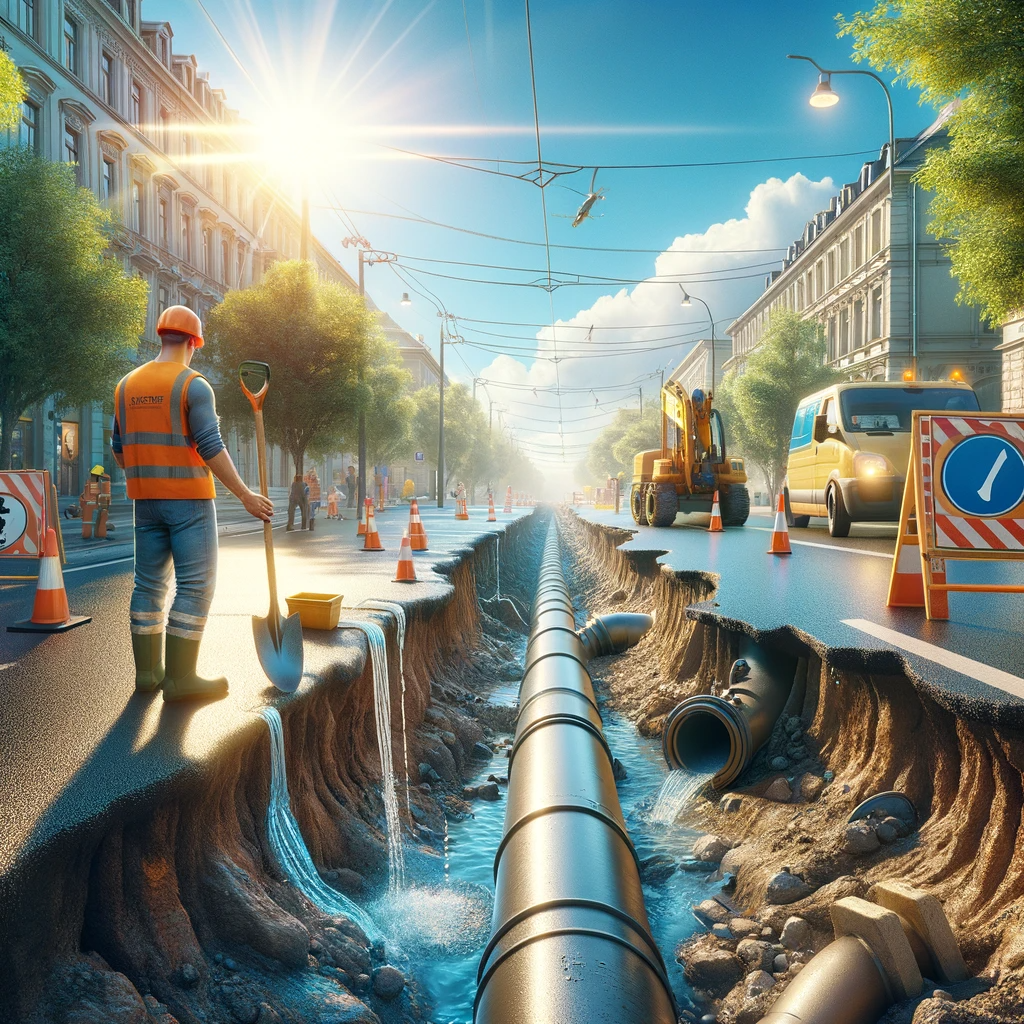Smart water meters enable efficient water management – for cities and municipalities, solutions using the Sigfox OG network are a low-investment alternative.
Around 128 litres of drinking water per person per day – that is the average consumption in Germany. A constant challenge for cities, municipalities and communities, especially in the DACH region. Dry summers exacerbate the situation: less available water meets higher demand in agriculture and private households. Almost half of the 6,700 German measuring points recorded the lowest water levels since 1990 between 2018 and 2021. A development that will continue to come to a head.
Sustainable water management requires transparency
Careful use of water is of enormous importance and education about individual consumption is essential in order to recognise potential savings. IoT-enabled radio meters are pioneering in the recording and transmission of consumption data.
Low-investment data transmission via the Sigfox OG radio network
Traditional methods such as walk-by and drive-by solutions are time-consuming and only provide data once a year. Sigfox OG technology offers a cost-effective, scalable and low-maintenance alternative. With almost nationwide availability in the DACH region, it is particularly attractive for smaller communities – and where necessary, the network can be expanded extremely easily and cost-effectively.
Advantages for suppliers and households
Continuous monitoring by intelligent water meters helps to track consumption in real time and react to consumption peaks. Studies show that regular consumption information can lead to significant savings. The technology also enables leaks to be detected and localised quickly, which can lead to considerable savings.
IoT and metering for the early detection of leaks
Around 10% of drinking water in Germany is lost due to leaking pipes. Modern IoT solutions can minimise this loss by detecting discrepancies between the amount of water fed in and the amount withdrawn, allowing leaks to be identified quickly.
Conclusion: Smart water meters play a key role in sustainable and resource-saving water management. Thanks to real-time data collection, they not only enable water savings, but also modern pricing models and contribute to legal certainty. The technology reduces labour costs and contributes to CO2 reduction at the same time.



